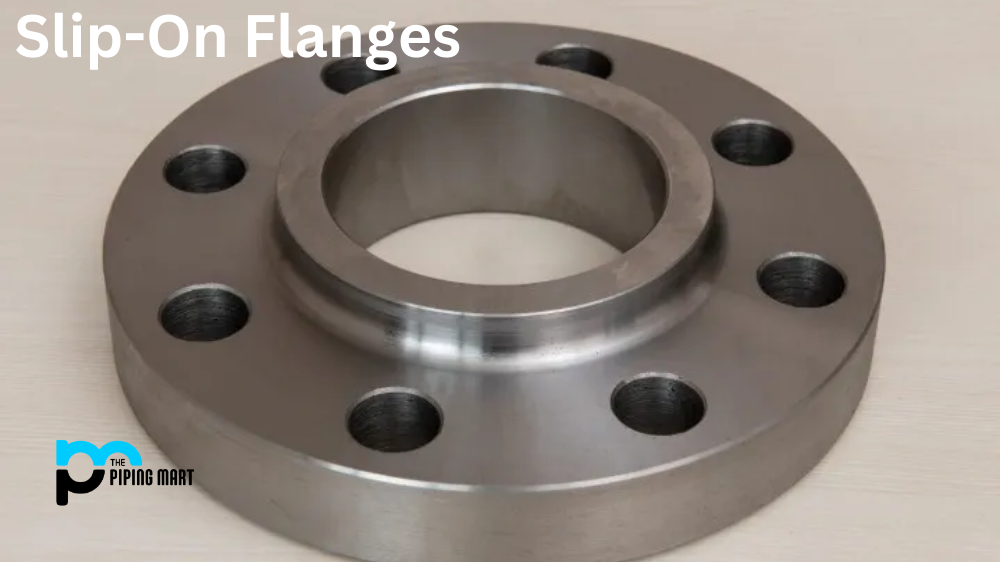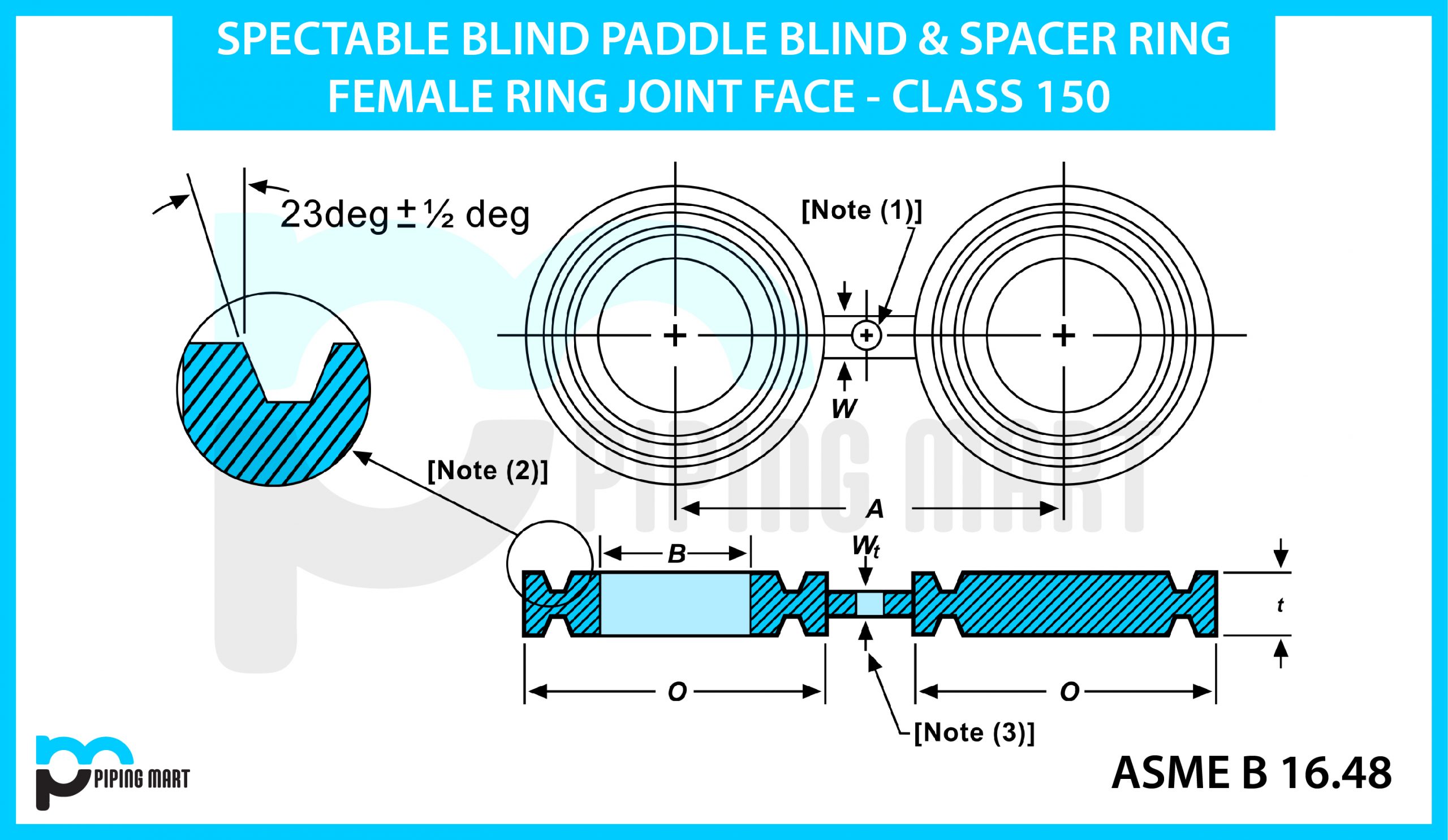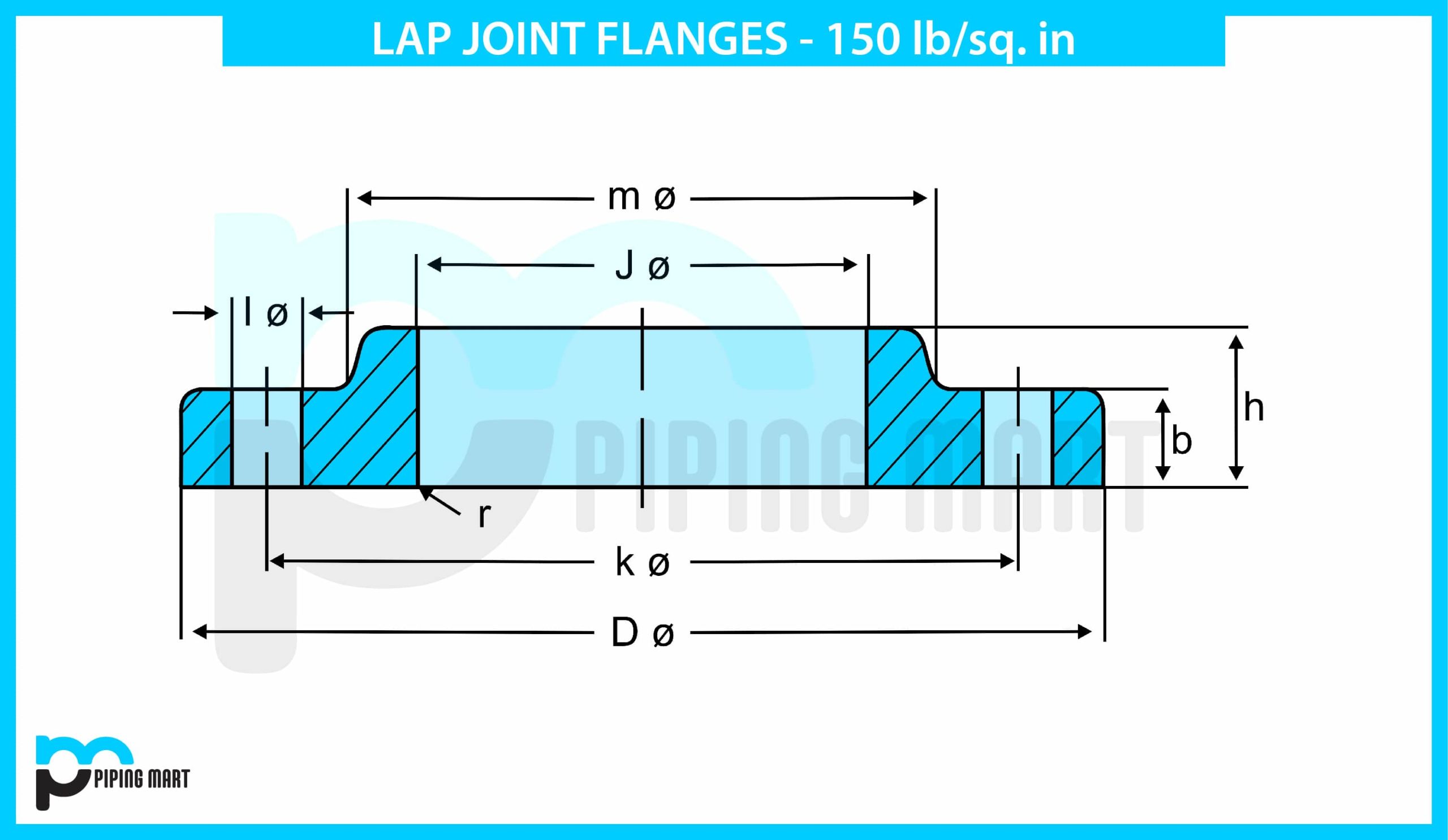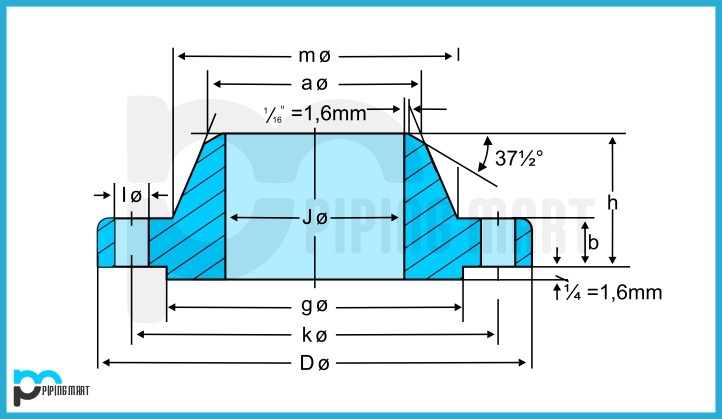Slip-on flanges, or SO flanges, are popular in piping systems to connect pipes, valves, and pumps. These flanges slide over the end of the pipe and are welded in place, making them ideal for low-pressure applications. However, with technological advancements, slip-on flanges are now utilized in specialized environments, including high-temperature and corrosive applications.
This blog post aims to provide an in-depth analysis of slip-on flanges in specialized environments. The article will explore the use of slip-on flanges in high-temperature and corrosive applications and how they differ from traditional SO flanges.
Slip-On Flanges in Specialized Environments: High-Temperature and Corrosive Applications
High-Temperature Applications:
In high-temperature applications, slip-on flanges are made from heat-resistant materials, including Carbon Steel, Alloy Steel, and Stainless Steel. These materials are tested to withstand high temperatures, up to 650 degrees Celsius. High-temperature slip-on flanges are commonly used in industries such as power plants and chemical plants where high-pressure steam and gases require tight sealing.
One significant difference between high-temperature slip-on flanges and regular SO flanges is the gasket material. High-temperature slip-on flanges require specialized gasket materials to withstand extreme temperatures and pressure. Common gasket materials include compressed graphite and PTFE.
Corrosive Applications:
Slip-on flanges also shine in corrosive environments. In industry sectors such as oil and gas refineries, chemical processing plants, and paper mills, slip-on flanges connect pipes that carry corrosive substances. They are made from materials that can withstand harsh chemicals, including Duplex Stainless Steel and Titanium.
Corrosive slip-on flanges require specialized coatings to protect against corrosion, including Teflon and Fusion Bonded Epoxy. The coatings help prolong the slip-on flanges’ life and prevent corrosion failure.
SO Flanges Vs. S2pecialized Slip-On Flanges:
Although slip-on flanges have the same basic design as SO flanges, there are significant differences between the two in specialized environments. Slip-on flanges in specialized environments require specific materials and coatings to withstand high temperatures and chemicals. They also require specialized gasket materials to ensure tight sealing and prevent leaks.
Combining High-Temperature and Corrosive Applications
Some environments involve both high temperatures and corrosive substances. For example, pipelines and equipment may be exposed to high temperatures and corrosive substances in chemical processing plants. In these environments, it is important to select slip-on flanges that can withstand both conditions. Materials such as Inconel can withstand both high temperatures and corrosive substances, making them a popular choice for these applications.
Flange Maintenance and Inspection
Regardless of the application, it is important to perform regular maintenance and inspection of slip-on flanges to ensure they function properly. This includes checking for leaks, inspecting the flange surface for any damage or wear, and checking for signs of corrosion. Proper maintenance and inspection can prevent safety hazards and extend the lifespan of the slip-on flanges.
Choosing the Right Supplier
When choosing slip-on flanges for specialized applications, working with a knowledgeable and experienced supplier is important. A reputable supplier can recommend your application’s appropriate material, thickness, and design. They can also guide maintenance and inspection to ensure the slip-on flanges function properly and safely.
Conclusion:
In conclusion, slip-on flanges are highly versatile and offer significant benefits in specialized environments such as high-temperature and corrosive applications. Slip-on flanges in such environments are made from specific materials and coatings and require specialized gasket materials to ensure tight sealing. Only certified and reputable manufacturers should be used to produce slip-on flanges for these specialized environments. Choosing the right slip-on flange for a specific application can improve performance and help prevent system failures.
Sakshee is a talented blogger, with a particular focus on the Business and Metal Industry. She is passionate about sharing her insights on various metal products and helping professionals to make a better decisions.




